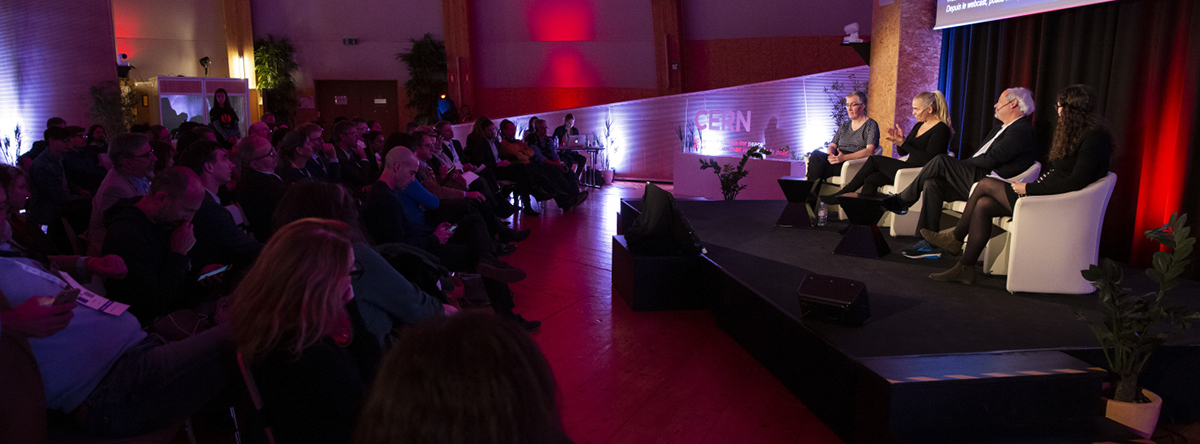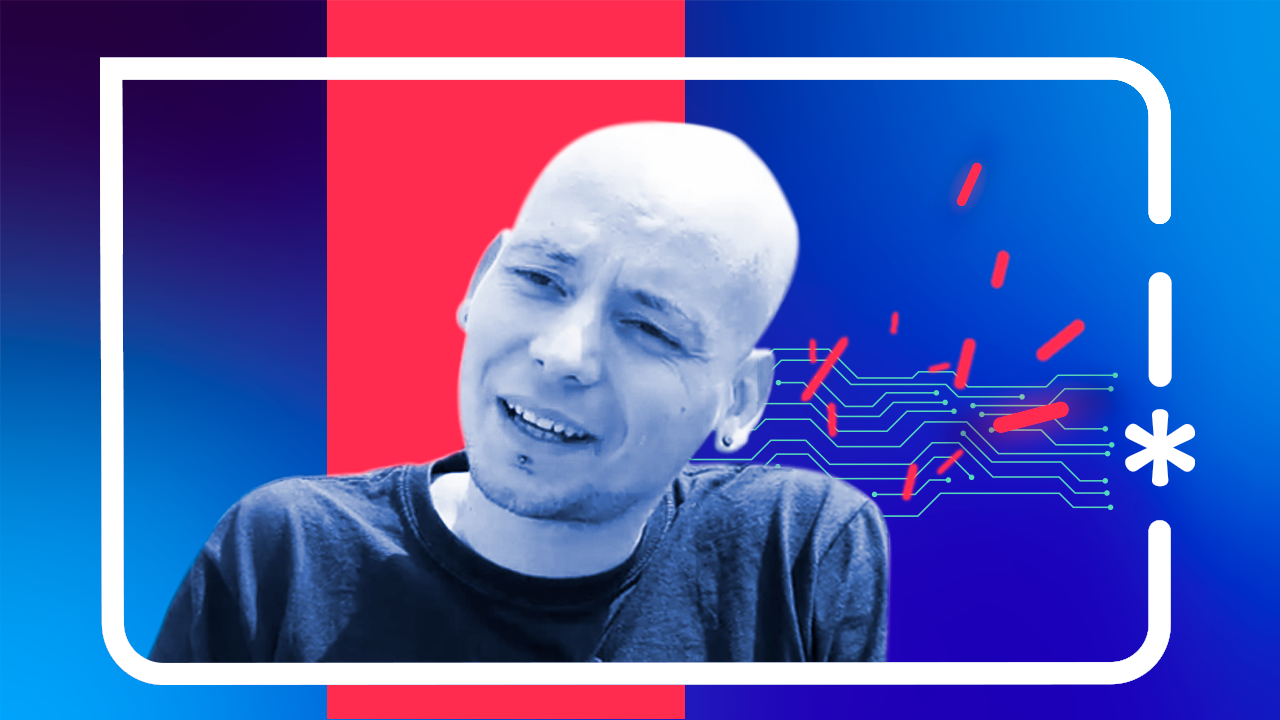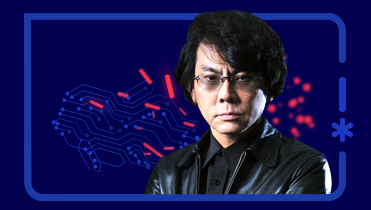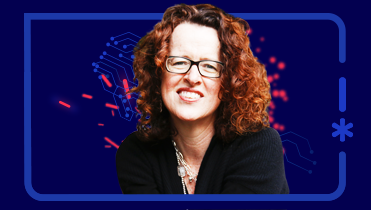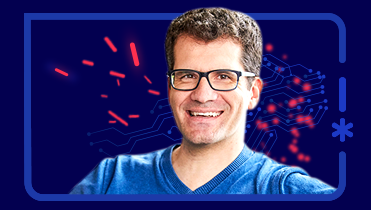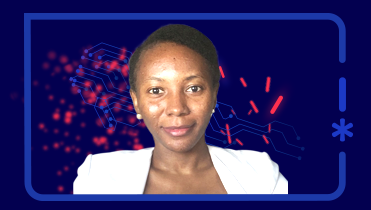Practical information
Programme:
The Forum is by invitation only and the Public Event will be webcast and available to watch by all.
Language:
The public event will be held in English. French subtitles will be available for part of the event.
Locations:
Satellite viewing events: find out if a satellite viewing event is organized around you on our dedicated page.
Volunteers:
Volunteers will be a key part of the success of the event. Registration will open during the Summer 2021 for CERN members of personnel.
About Sparks!
As science becomes ever-more specialised, the complex problems facing society require knowledge and expertise from more than just one field. Scientific serendipity can no longer be taken for granted: it needs to be curated, and that is what Sparks! aims to do. Multidisciplinary discussion and collaboration is essential, yet few platforms exist offering opportunities for such interactions. As a centre of excellence in science and technology, one of the largest laboratories hosting collaborative research in the world, and a leader in fields as diverse as superconducting magnets and IT, CERN is ideally placed to host such multidisciplinary discussions and guide them to conclusions that will benefit society as a whole.
Sparks! will begin with a cycle of three pilot events, each focusing on a single theme to test the concept. Experience gained from this cycle will lead to a yearly event with multiple themes addressed each year. The event will become a flagship for CERN’s new Science Gateway, which is scheduled to open its doors to the public in 2022.
Looking beyond the events themselves, Sparks! will foster the development of an active multidisciplinary community of problem solvers. It will build on the team's experience of organizing successful highly-produced public events, adding a space for multidisciplinary scientific exploration.
